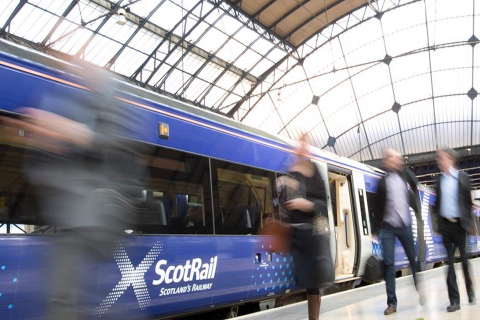Deutschlandticket a success, but who pays?

The costs of the 49-euro Deutschlandticket will be higher than forecasted, the Association of German Transport Companies VDV suspects. Where will the bill end up?
Want to read more?
You have read all of your free premium articles for this month. Please become a subscriber to keep reading.
Subscribe now!
Take advantage of our exclusive offer to get full access to all premium content.




